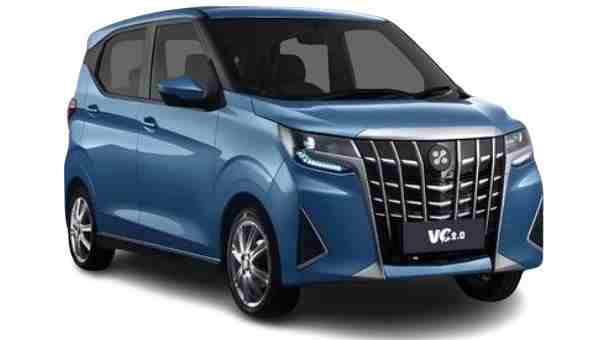Dewan Farooque Motors Limited (DFML) made a notable entry into Pakistan’s electric vehicle (EV) market with the introduction of its first electric car, the Honri-VE.
(more…)Tag: electric vehicles
-
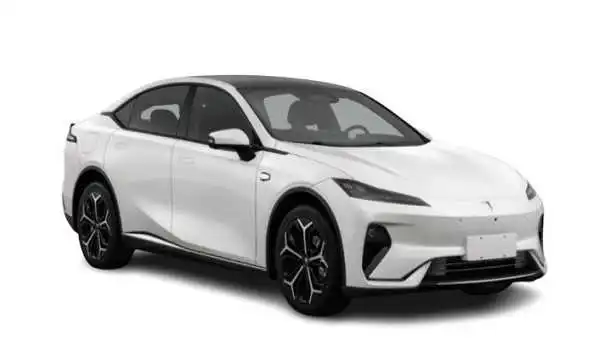
Price and Booking Details of Deepal L07 in Pakistan
Master Changan Motors Limited has officially launched its electric vehicle (EV) brand in Pakistan, introducing the Deepal L07 sedan and Deepal S07 SUV during a high-profile event at Dolmen Mall Clifton in Karachi.
(more…) -

GWM Ora 7 Price in Pakistan: Check Features, Range
Haval Pakistan is gearing up to introduce the GWM ORA 07 Electric Car, a significant addition to the country’s burgeoning electric vehicle market.
(more…) -

Haval Pakistan Set to Launch Sleek GWM ORA 07 EV
Haval Pakistan is gearing up to introduce the GWM ORA 07 Electric Car, marking a significant milestone in the country’s growing electric vehicle market.
(more…) -
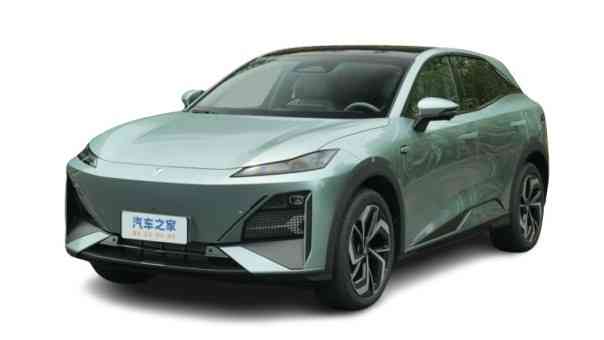
Price, Specs of Deepal S07 in Pakistan
Master Changan Motors Limited has officially launched its electric vehicle brand in Pakistan, introducing the Deepal L07 sedan and Deepal S07 SUV at a prestigious event at Dolmen Mall Clifton in Karachi.
(more…) -

Deepal S07 SUV Price and Booking Information in Pakistan
Master Changan Motors Limited has officially launched its electric vehicle brand in Pakistan, unveiling the Deepal L07 sedan and Deepal S07 SUV at a high-profile event held at Dolmen Mall Clifton in Karachi.
(more…) -
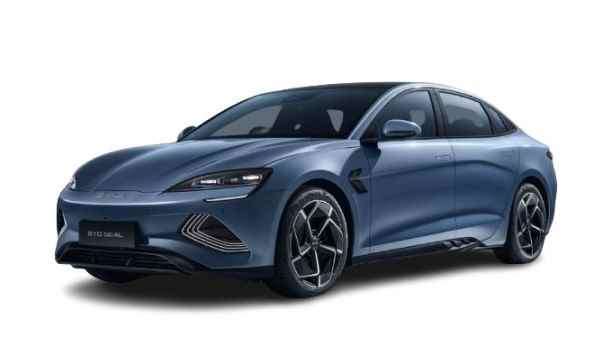
BYD Unveils Three New Models in Pakistan
BYD has officially entered the Pakistani automotive market, introducing three new vehicles: the Atto 3 (EV), Seal (EV), and Sealion 6 (PHEV).
(more…) -

Changan Launches Deepal Electric Vehicles in Pakistan
Master Changan Motors Limited has officially introduced its electric vehicle brand in Pakistan, showcasing the Deepal L07 sedan and Deepal S07 SUV at a grand event held at Dolmen Mall Clifton, Karachi.
(more…) -
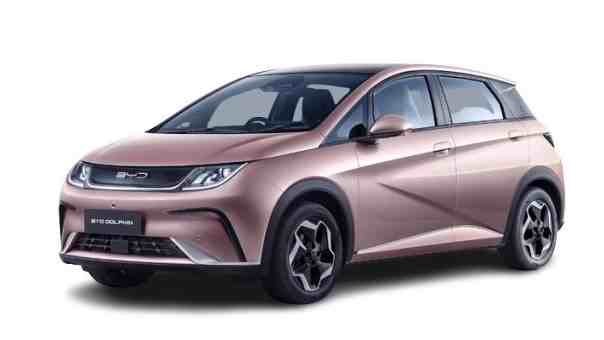
BYD to Unveil Electric Vehicles in Pakistan Tomorrow
Global electric vehicle (EV) leader BYD is poised to revolutionize Pakistan’s automotive industry with the launch of its eco-friendly vehicles on August 17, 2024.
(more…) -

Deepal Pakistan Offers EV Test Drives Until August 25
Deepal Pakistan is making waves in the automotive industry with a thrilling new initiative. From August 16th to August 25th, the company is offering exclusive test drives of its latest electric vehicles, the Deepal L07 and Deepal S07, at Dolmen Mall Clifton, Karachi.
(more…)
